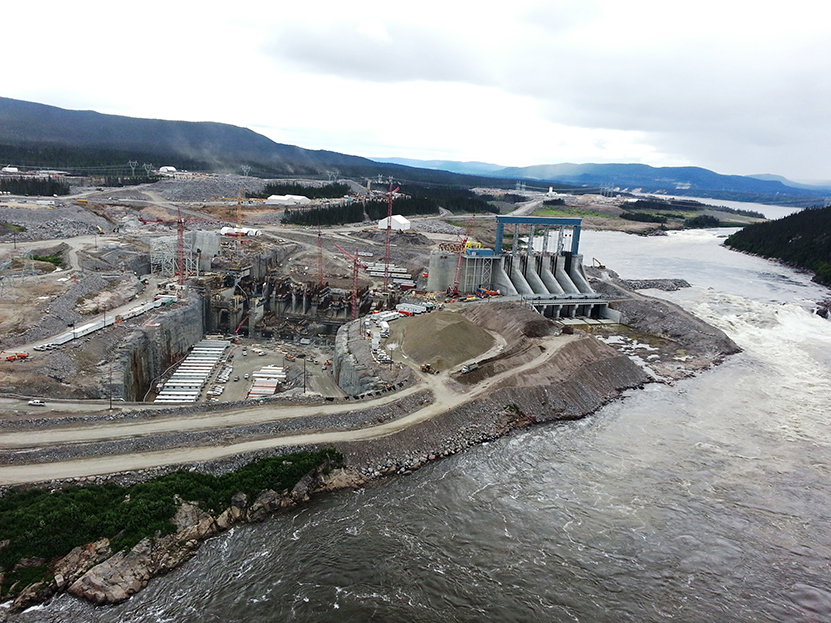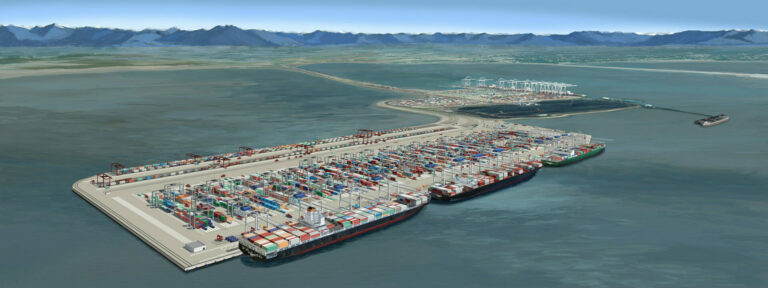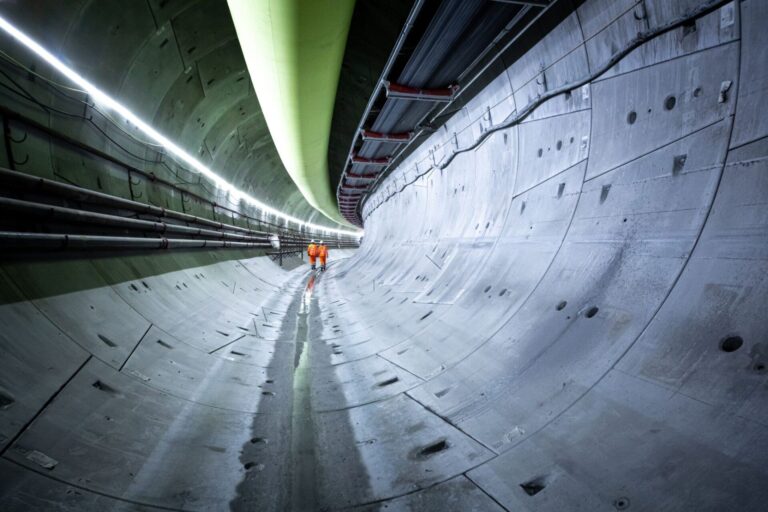Cost overruns at several large-scale hydro projects in Canada raise questions about the economic viability of continuing construction to completion, according to a new report released by the C.D. Howe Institute.
In “Dammed If You Do: How Sunk Costs Are Dragging Canadian Electricity Ratepayers Underwater” author A.J. Goulding argues that government decisions to make such large investments in hydroelectric generating capacity must be scrutinized for economic soundness – particularly relative to the costs of alternatives for producing the power.
Canada has several large hydroelectricity projects presently under construction all of which have seen significant cost increases over the project’s construction, including the Site C, Keeyask Generating Station, and Muskrat Fall projects.
This study examines the cost-effectiveness of these hydro projects by comparing the costs of equivalent generation from carbon cost adjusted combined cycle natural gas turbines (CCGT). The analysis demonstrates that the levelled costs from the Site C and Keeyask projects may exceed the costs of alternative CCGT generation. The study notes that risks of building large generation capacity in anticipation of uncertain future demand for electricity and contends that, relative to large hydro projects, the roll-out of CCGT generation can be more flexibly timed (and paired with environmental initiatives) to meet demand as it materializes.
“Even if we build-in the costs of cancellation the present economics would still favour cancelling Site C and replacing the respective energy with equivalent dispatchable CCGT generation capacity, supplemented by offsets to meet environmental goals,” said Goulding.
While an emphasis on renewables generation has motivated these major hydroelectric projects, the analysis shows that Site C exceeds the levelled cost of a CCGT alternative that faces a $50/tonne carbon price. Moreover, drawing from results in recent renewable energy procurements, the study observes that wind generation, albeit intermittent, can provide a much lower levelled cost of zero-emission electricity than such large-scale hydro projects.
This study concludes by recommending that provinces re-examine the economics of these projects and consider cancelling projects, which have more cost effective alternatives. To avoid uneconomic projects in the future, the report also recommends strengthening institutional independence – in particular, by ensuring independent regulatory review for mega-projects and leveraging greater private-sector discipline for the design and delivery of major electricity projects.











